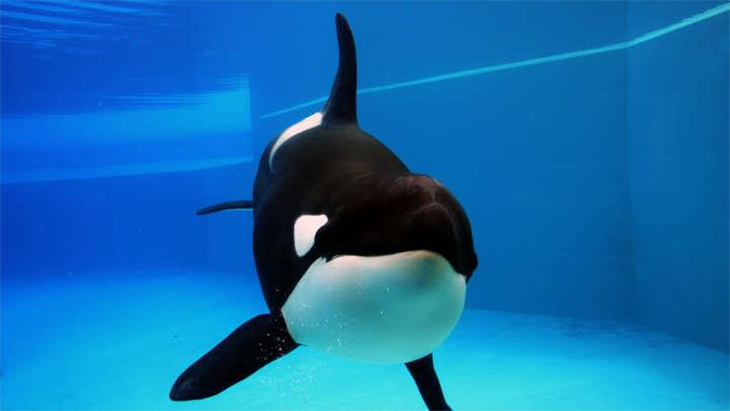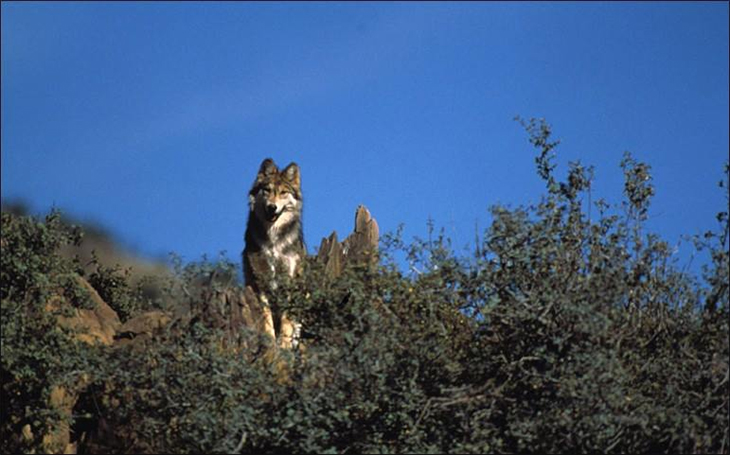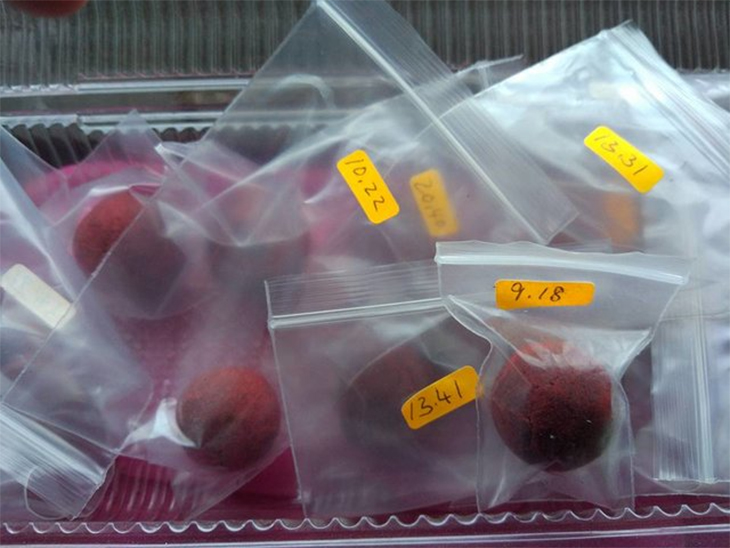By: IFL Science There has been a growing backlash against the use of cetaceans in animal shows, which has precipitated the recent bans on using whales and dolphins, particularly in the United States. Now it seems that outrage has spread to Europe, too.
France has just signed into law a new legislation that bans the breeding of whales and dolphins in the country. It means that those animals currently in captivity will be the last remaining cetaceans in France, in a move that has been welcomed by animal rights charities, but decried by those institutions that still keep them.
But the new law goes further than simply banning the breeding of orcas and dolphins. After apparently learning that “some of the animals were drugged”, the Environmental Minister responsible for signing the law decided to make it “more radical” and prohibit the keeping of all whales, dolphins, and porpoises, except those orca and bottlenose dolphins already being kept in official aquariums, meaning a ban on all new acquisitions.
The legislation will also ban attractions from allowing guests to interact with dolphins, putting an end to the practice of people swimming with the marine mammals. It has also stipulated that all tanks will need to increase in size by at least 150 percent, in order to “allow the animals to live in less proximity from visitors and other animals.”
There are currently four dolphinariums still operating in France today, including one of the two remaining facilities to keep orcas in captivity in Europe. Marineland, in Antibes, has four orcas that are used for displays, and 13 bottlenose dolphins, which customers can also pay to swim with. This means that the new rules introduced to France will hit this park on multiple fronts, to the great consternation from the management. The head of Marineland has described the move as a “bombshell” to the establishment.
All aquariums that still keep orcas and dolphins will have six months to comply with the new rules, although they have up to three years to expand the tanks used by the animals.
Since prominent and high profile campaigns, and films such as the documentary Blackfish, came out there has been a steadily rising condemnation from the public towards using whales and dolphins in marine shows. Those against it argue that the animals are highly intelligent, wide-ranging species that do not suit captivity, though, conversely, there is evidence that suggests the animals are not actually more stressed than their wild counterpart.




